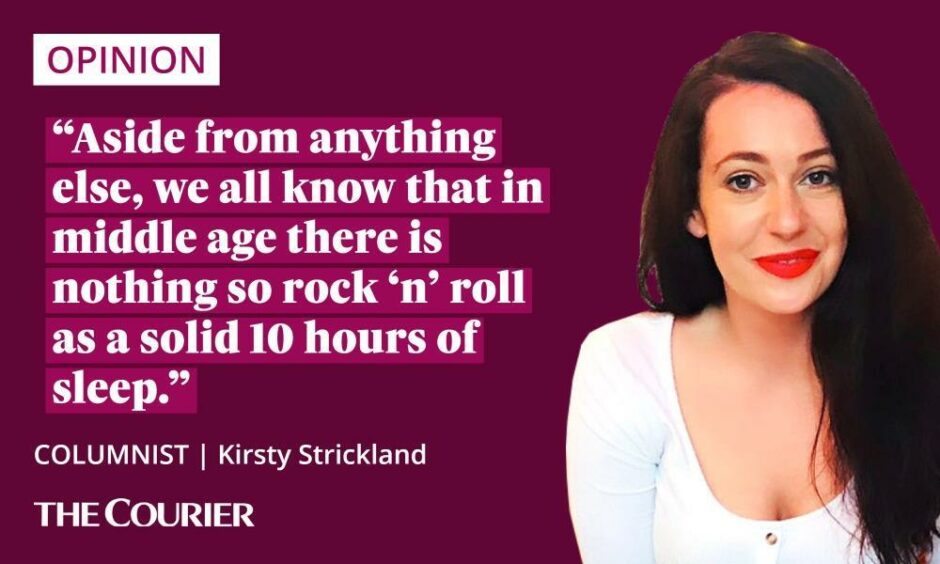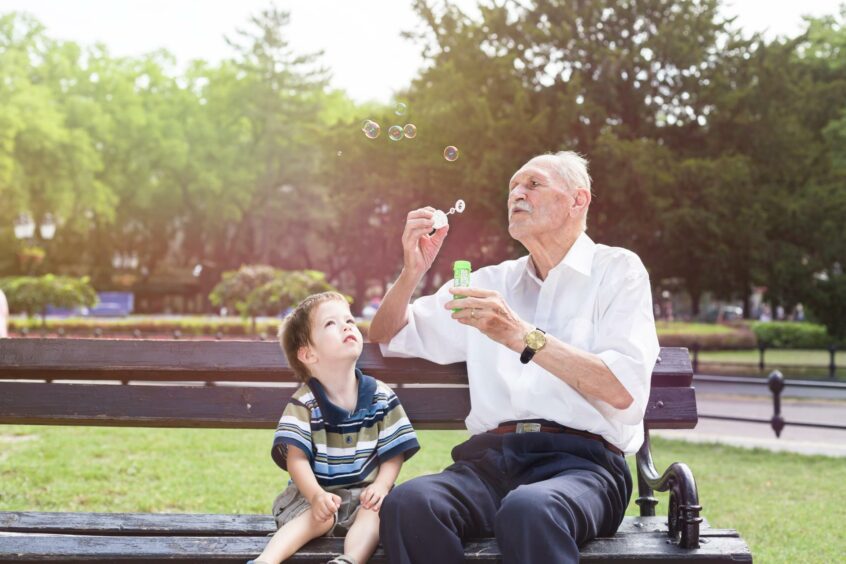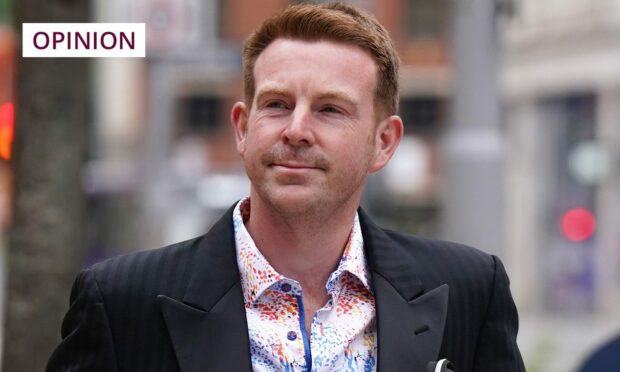Liam Gallagher starred in an unexpected social media storm last week. This time over his reluctance to follow doctors’ orders.
The singer, who was diagnosed with arthritis in 2019, has been told he needs a double hip replacement.
But speaking to MoJo magazine, he said he’d “rather be in pain” than undergo the necessary surgery.
“Which is ridiculous, obviously,” he added.
“I know that. Just get them fixed. But it’s the stigma, saying you’ve had your hips replaced. What’s next?”
We should probably allow for a pinch of salt here.

The former Oasis frontman is a mischievous fella.
For all we know Liam Gallagher might be planning to book in for hip replacement surgery at the earliest possible convenience.
But his comments did raise an interesting point about the stigma, and sometimes shame, that we attach to older people’s bodies and the natural process of ageing.
Liam Gallagher is right – that stigma exists
In the interests of transparency I should make clear that one of my favourite people in the world underwent a hip replacement late last year.
After experiencing a bad fall, my neighbour was moved right to the top of the queue for surgery and – though she gave us all a fright – she has shown admirable strength and fortitude in her post-op recovery and rehabilitation.
She’s started hosting neighbourhood drinks shindigs in her garden again, so she’s obviously well on the road to recovery.
Hip replacement is a miraculous procedure in itself.
Even more so when you consider that those who need it can access it for free, under the excellent care of our NHS.
Despite his misgivings, if Liam Gallagher followed the advice of his doctors and went for that hip replacement he’d probably find he felt younger than ever.
In the interview, he talks about how his arthritis has affected him.
He says his bones are “mashed up” and the pain from his condition impacts his sleep.
Getting a procedure that could help alleviate that seems a no-brainer.
To grow old is a privilege – one that many don’t get to experience for themselves
Aside from anything else, we all know that in middle age there is nothing so rock ‘n’ roll as a solid 10 hours of sleep.
But, as Liam Gallagher says, there’s a stigma around getting older and the reality that, as it happens, our bodies might need some help to function as they should.
Growing old is a privilege – so is all that comes with it
When I was younger, I remember viewing older people as a bit of a curiosity.
The self-involved affliction of youth means you can’t ever imagine yourself as one of those people.
They are the ones who move more slowly and deliberately than you do.
Their bodies need adjustments and allowances that yours don’t.
Comment @BBCRadio2 on Liam Gallagher’s hip replacement pic.twitter.com/Zswv3UYiiD
— Jeremy Vine (@theJeremyVine) April 20, 2022
Their creased skin and silver hair marks them as being from another time, one to which you do not belong.
As we settle into adulthood and are confronted with the unpredictability of life and death, our perspective inevitably changes.
To grow old is a privilege – one that many don’t get to experience for themselves.
Roll with it – what I’ve learned from my older neighbours
My daughter is a lot smarter than I was at her age.
She has grown up in a tight-knit street full of older people living alongside her.
They are our neighbours and our friends.
She has formed beautiful bonds and friendships with them.
She’s eight, they’re 80, and there is nothing so magical (or raucous) as when those age groups collide.
When she was toddler, I became a single mum and my neighbours became my tribe.
I honestly couldn’t have asked for a better support structure around me as I navigated that new, scary, phase of my life.
And what a rich life it is, to be surrounded by the sort of wisdom and pragmatism that only older age can bring.
Those of us in our twenties and thirties are often guilty of believing we are generational pioneers.
We are the generation of innovation, progressive values and youthful hedonism.
The generation who invented sex, obviously.
Liam Gallagher who’s 49 doesn’t want a hip replacement for his arthritis because of the “stigma”. Why not try to change the ageist narrative, with his huge profile, rather than just blame it for living in pain?
— Nicky Clark (@MrsNickyClark) April 20, 2022
We were the first to discover the joys of love and the misery of heartbreak.
And we led the way in recognising societal inequality and injustice.
It’s a nonsense of course. But it is the prerogative of the young to believe in our own unique, era-defining sense of purpose.
If you spend any length of time with older people you’ll soon learn that these same trends and themes come up time and time again over the decades.
The only difference is they did it in better clothes than we did.
What do Liam Gallagher and the Queen have in common?
Liam Gallagher isn’t alone in associating age, frailty and mortality with perceived weakness.
It has been reported that even the Queen is reluctant to be shown in a wheelchair, because she doesn’t want to be seen to be “struggling’’.
But fearing the aging process and all it entails is as futile as it is counterproductive.
Rather than distancing ourselves from it, we should be working to strengthen the structures that help older people live full and happy lives.
If we’re lucky, we’ll all need them one day.



















Conversation